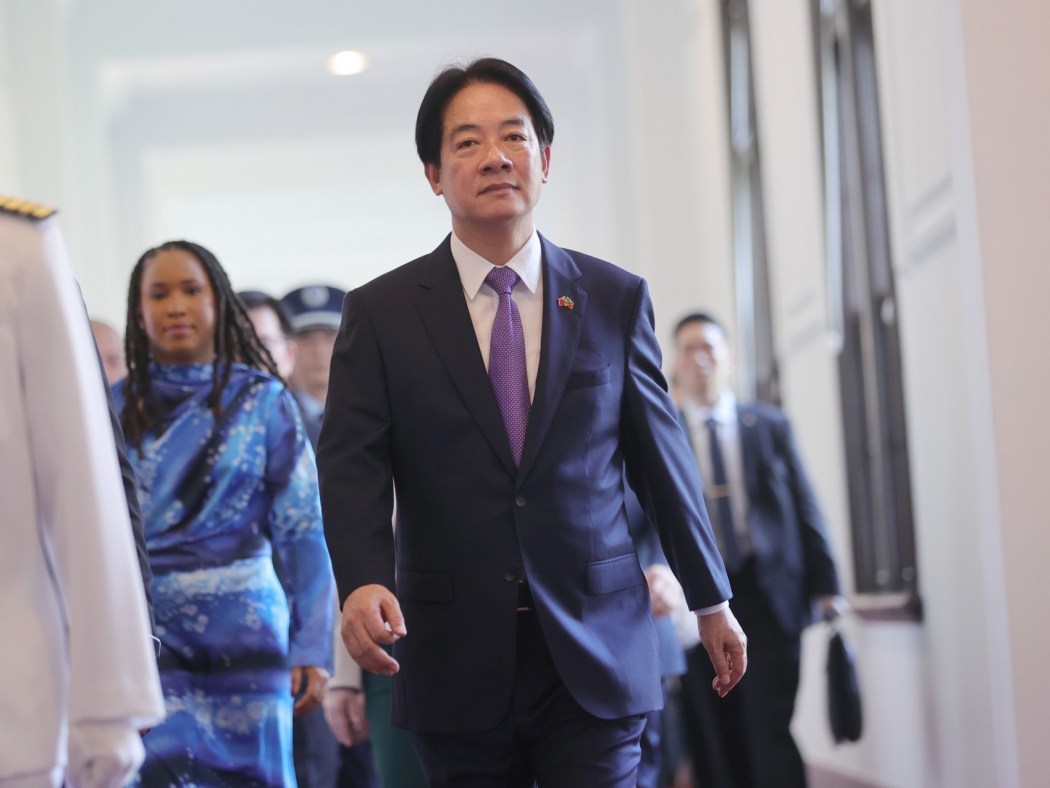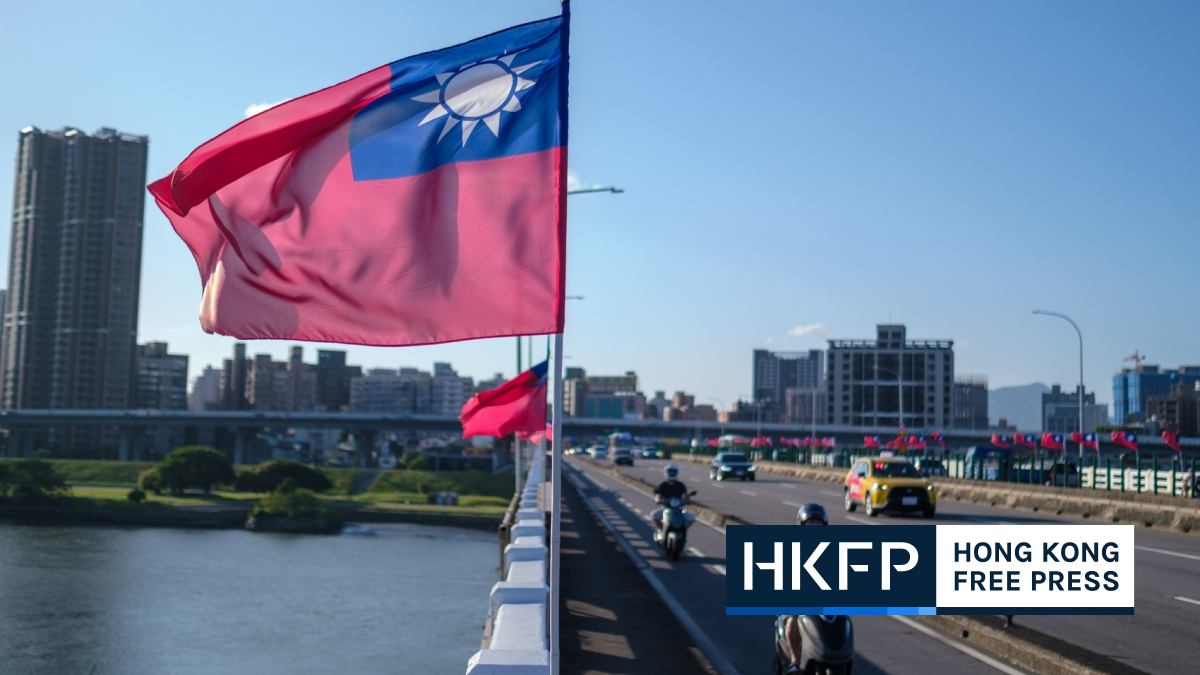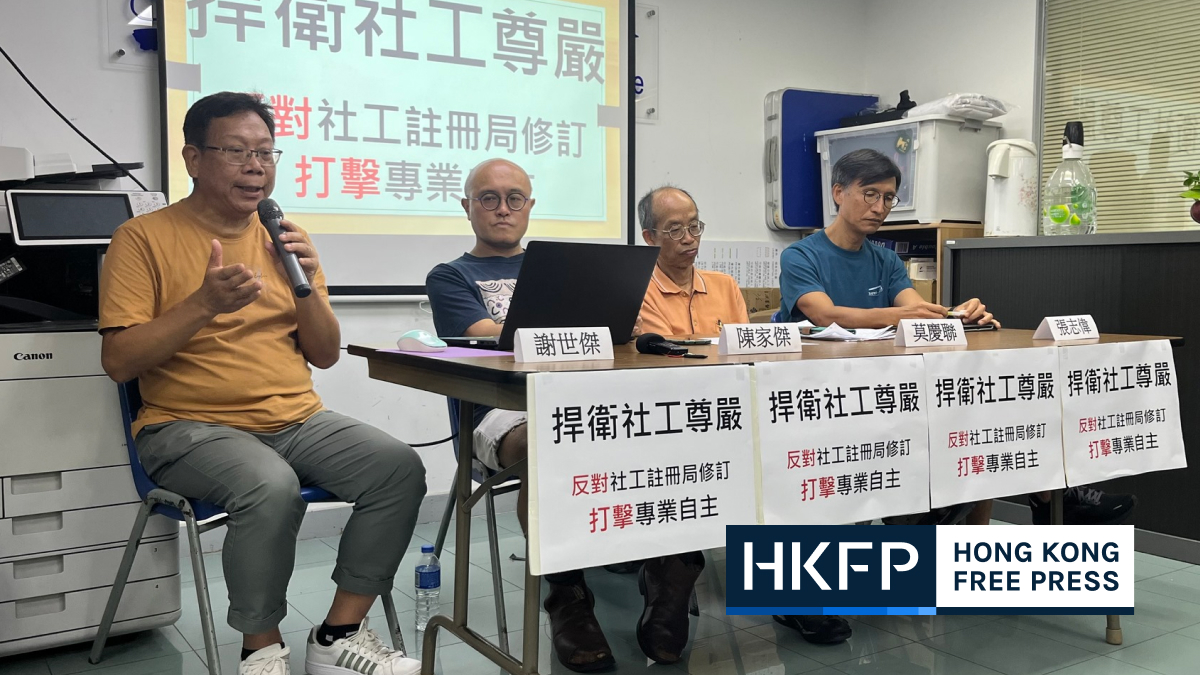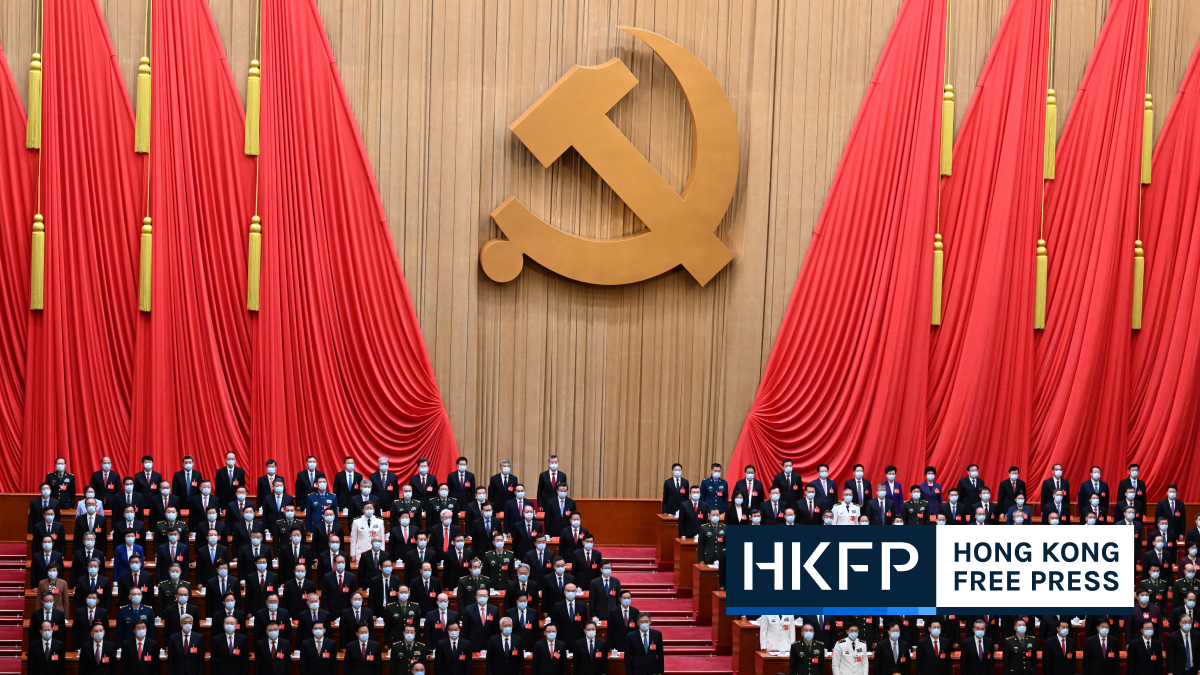Taiwan’s President Lai Ching-te signed into law on Monday a controversial reform expanding parliament’s powers, but vowed to seek a ruling from the island’s top court to try to overturn it.

Proponents of the expansion say it is needed to curb corruption, but critics fear the laws could weaken self-ruled Taiwan’s democracy against the influence of China — which claims the island as part of its territory.
Taiwan’s president is part of the Democratic Progressive Party (DPP), which advocates for the island’s sovereignty. But it lost the parliamentary majority in January elections, spelling trouble for his administration.
The reform bills passed last month had sparked massive protests on the island.
“The parliament should reform, but it should not arbitrarily expand its powers. The way to reform should be legal and constitutional,” Lai said Monday.
“Today, I have made the decision to petition for a constitutional interpretation… This is to be responsible to the country and to history, and to live up to the trust of the people,” he told journalists.

Lai’s announcement came after lawmakers last week rejected the cabinet’s request to reconsider the bills, leaving petitioning for a constitutional ruling the last resort the stop the new laws from being enforced.
The opposition Kuomintang (KMT) party and Taiwan People’s Party have argued that the expanded parliamentary powers are needed to curb corruption.
The KMT, regarded as pro-Beijing, called on Lai Monday to “bravely face the parliament and face the people” rather than seek to block the legislation.
The most controversial part of the reform is criminalising “contempt of parliament” by government officials, who could face jail term and fine for lying during legislative hearings.
The new legislation also allows parliament to exercise its “power of investigation”, requiring government agencies, military units, private companies and relevant individuals to provide information.
Lai warned Monday both local and international business leaders have expressed concerns that their “trade secrets” could be jeopardised under the new laws.
The president said the laws will have a significant impact on “Taiwan’s future international competitiveness” as they will deter foreign investors.
“I will not allow changes in the business environment to impact Taiwan’s long-term economic development.”
Dateline:
Taipei, Taiwan
Type of Story: News Service
Produced externally by an organization we trust to adhere to high journalistic standards.
Support HKFP | Policies & Ethics | Error/typo? | Contact Us | Newsletter | Transparency & Annual Report | Apps
Help safeguard press freedom & keep HKFP free for all readers by supporting our team

LATEST FROM HKFP
HKFP has an impartial stance, transparent funding, and balanced coverage guided by an Ethics Code and Corrections Policy.
Support press freedom & help us surpass 1,000 monthly Patrons: 100% independent, governed by an ethics code & not-for-profit.









